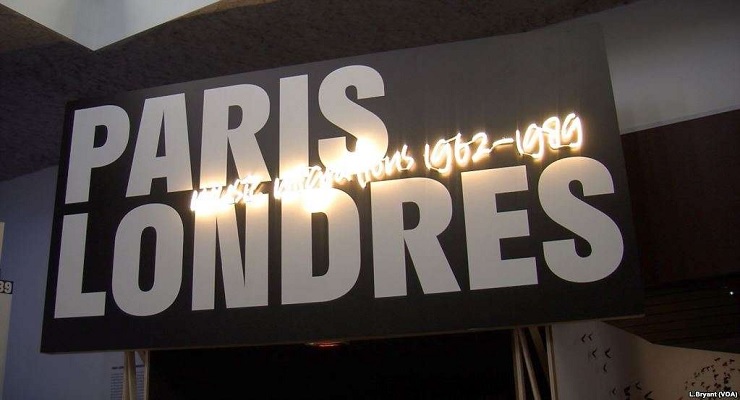
From Voice of America
As rising nationalism and the crisis surrounding Britain’s exit from the European Union intensify divisions on the continent, a new exhibit in the French capital looks instead at a powerful unifier: Music.
The music the came with the postwar colonial migrations helped turn two of Europe’s most important hubs, London and Paris, into multicultural melting pots.
Rhythm and blues, reggae, rai and rock ’n’ roll — Europe and other Western regions got world music long before the term was invented. Even the Beatles were much more than a British brand — borrowing from Asia and sometimes West Africa.
How it blended into popular culture today is a central theme of a new exhibit that examines three decades of post-war migration to Paris and London — through music.
France and Britain needed extra manpower to fuel their fast-growing economies. They got it from former colonies that had just achieved independence. For immigrants in Paris, it was a tough beginning.
“Immigrants lived in special areas, what we call foyers,” said Stephane Malfettes. “There were a lot of strikes in the foyers de travelers. They were working in factories during the day — sharing the life of everybody — but at the end of the day, they vanished in their foyers.”
Malfettes is the curator of the exhibit that opened this week at the Paris Museum of Immigration History. He says the immigrants were initially sidelined from France’s mainstream musical scene, as well. Things changed in the 1970s.
“The music became a very strong protest in the public space as an instrument of revolt and protest,” he said.
Across the English Channel, migrants in London also faced racism. But Martin Evans, another exhibit curator, said they were introducing the city to ska and reggae from Jamaica, music from East Africa, and calypso from Trinidad and Tobago.
“They become profoundly London,” Evans said. “And in a sense, I think that’s a measure of how much this migration has transformed London by the end of the 1980s.”
The parents of British musician and filmmaker Don Letts immigrated to Britain from Jamaica as part of the so-called Windrush generation. He says they wanted to integrate by denying their roots. It didn’t work.
“Ironically, it was their culture, particularly their music, that would capture the imagination of the white working-class kids,” he said. “And it was our culture that would actually help us to integrate with society.”
Letts says the cultural exchange went both ways.
“I was inspired by a lot of things that I grew up with. I grew up digging the Stones, the Beatles, Bowie, Roxy Music and all the rest of it,” he said.
Meanwhile, Paris by the 1980s had become a hub for African music — singers like Papa Wemba, Khaled, Youssou Ndour and Salif Keita. Music producer Martin Meissonnier was among their earliest fans — and producer for some of the biggest artists.
“Out of pleasure I was discovering all these new musics, and I thought it was a gold mine. It was fascinating. It was all these incredible bands,” Meissonnier said.
The musical fusion has left a powerful imprint on today’s artists. And it has changed not only how we think about music, but about each other.
WATCH: Post-Colonial Migration to London, Paris Traced Via Music
Leave a Reply